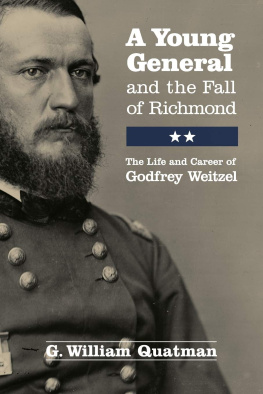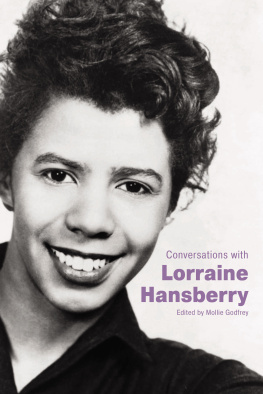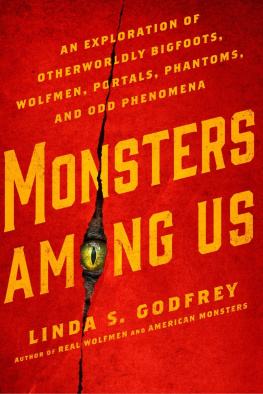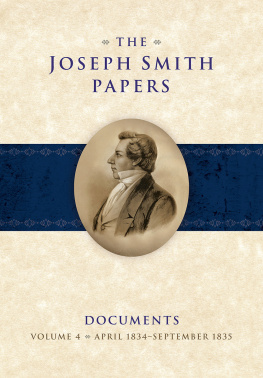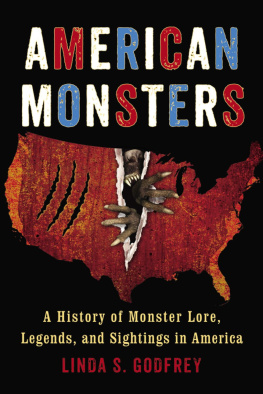
A Young General and the Fall of Richmond
The Life and Career of Godfrey Weitzel
G. William Quatman
Ohio University Press Athens
Ohio University Press, Athens, Ohio 45701
ohioswallow.com
2015 by Ohio University Press
All rights reserved
To obtain permission to quote, reprint, or otherwise reproduce or distribute material from Ohio University Press publications, please contact our rights and permissions department at (740) 593-1154 or (740) 593-4536 (fax).
Cover photo: Major General Godfrey Weitzel. (Photo by Mathew Brady; Library of Congress, Prints and Photographs Division, Reproduction No. LC-DIG-cwpb-07632 DLC; retouching by Cristin Quatman-Euston.)
Printed in the United States of America
Ohio University Press books are printed on acid-free paper.
20 19 18 17 16 15 5 4 3 2 1
Library of Congress Cataloging-in-Publication Data
Quatman, G. William, 1958
A young general and the fall of Richmond : the life and career of Godfrey Weitzel / G. William Quatman.
pages cm
Includes bibliographical references and index.
ISBN 0-8214-2141-7 (hc) ISBN 0-8214-2142-5 (pb) ISBN 0-8214-4516-2 (pdf)
1. Weitzel, G. (Godfrey), 18351884. 2. GeneralsUnited StatesBiography. 3. United StatesHistoryCivil War, 18611865Biography. 4. United StatesHistoryCivil War, 18611865Campaigns. I. Title.
E467.1.W455 Q38 2014
355.0092dc23
[B]
2014042209
For Juney and Evie

At eight in the morning, brave Weitzel so true
Marched into the town with his heroes in blue,
The slave that oppression had bound with her chain,
Went forward our laws and our rights to maintain;
Oerpowerd by the tyrant who reigned in his might,
Deprived of their freedom, forbidden their rights,
Ground down by oppression, shut out from the light,
For years they had dwelt in the darkness of night.
Charles Haynes, At Eight in the Morning

Prologue
An exhausted Abraham Lincoln was followed through the dusty streets of Richmond by a crowd of former slaves singing his praises and in a great state of excitement, all trying to get a look at Father Abraham.
As the tall man in a black frock coat and top hat climbed the steps to the front door, his twelve-year old son, Tad by his side, a Federal officer called for silence. He then introduced Abraham Lincoln, the president of the United States. Wild cheering broke out at the confirmation that, indeed, Lincoln had arrived in the rebel capital, just one day after the city had fallen to black Union troops led by Major General Godfrey Weitzel. President Lincoln acknowledged the hearty cheers, then turned and bowed, a mark of respect that electrified the gathering.
Abraham Lincoln selected Godfrey Weitzel as his one friend to join him as an eyewitness and, perhaps, bodyguard during the meetings with the Southern representatives. Weitzel had also served as a guard four years earlier, during Lincolns first inauguration, when Godfrey was a mere foot soldier. The pair spent the next two days in confidential negotiations with former U.S. Supreme Court justice John A. Campbell, now the assistant secretary of war for the Confederacy. President Lincoln and Judge Campbell devised a plan to end the great Civil War, a plan that would end the bloodshed of the past four years. Twenty-nine-year-old Godfrey Weitzel was the only Federal officer to witness these discussions.
When Lincoln departed Richmond to return upriver to Washington, D.C., he gave the young general instructions to carry out the peace plan. Weitzel was to issue permission for the members of the Virginia legislature to return at once to Richmond for the sole purpose of adopting one resolution: Virginia would re-join the Union. Robert E. Lee would have no reason to continue the battle, and the Army of Northern Virginia would lay down its arms. Peace would be restored with the stroke of a pen rather than the blast of a musket. The plan seemed so logical.
But all hell was about to break loose for Godfrey Weitzel, who found himself in the middle of a national controversy, accused of being a liar and a traitor! Lincoln would never have issued such orders, claimed Secretary of War Edwin Stanton. An assasins bullet silenced Mr. Lincoln only a few days later, but not before he penned a confidential letter to Godfrey Weitzel. Would that letter save the young general from court-martial and from the scorn of the Northern press? The German immigrant held on to the presidents letter; it was his only defense.
When Lee surrendered days later, and the U.S. president was murdered, radical Republicans pounced on Weitzel as a flunky who misunderstood Lincolns intentions in Richmond. As punishment, perhaps, while other generals were mustered out and sent home to grand parades and glory, Godfrey Weitzel was shipped off with his all-black Army corps to the Texas-Mexican border to evict the French, who had occupied Mexico while the United States was distracted with its own civil war.
Who was this twenty-nine-year-old Union general, the person Lincoln trusted as his one friend? Godfrey Weitzels story is one of the great untold stories of the Civil War. Like Forrest Gump, he was always in the right place at the right time. If not for a chance first assignment in New Orleans, fresh out of West Point, he might have never amounted to more than a first lieutenant, perhaps an engineer assigned to one of the lesser-known major generals. But one success led to another, and Godfrey Weitzels mentors saw to it that he gained recognition and promotions, each one placing him in a key location or battle. Win or lose, he seemed to come out on top with another commendation, brevet, or promotion. His timing was impeccable, guided sometimes more by fate than by effort.
Like Grant took Richmond, the expression goes, although Ulysses S. Grant never set foot in Richmond until after the end of the Civil War. No, it was not the short, bearded general from Galena, Illinois, who seized the Confederate capital, but a tall young officer from Winzeln, Germany, Godfrey Weitzel, who bravely led the all-black Twenty-Fifth Army Corps of Union troops into the burning city on April 3, 1865. No doubt about it, Grants nine-month siege and his final assault on nearby Petersburg led to the evacuation of Richmond and Weitzels unopposed entrance. But the Federal officer who officially accepted the surrender of the rebel capital was, in fact, Major General Godfrey Weitzel.
A braver and stronger man doesnt live, said one Union officer of Godfrey Weitzel. He earned the respect of top commanders in both the blue and the grayP. G. T. Beauregard, Robert E. Lee, David G. Farragut, David D. Porter, Benjamin F. Butler, Ulysses S. Grant, and President Abraham Lincolnall of whom played a significant role in shaping Weitzels career. Yet, for a man who was known by all these great names of American history, he is one of the least known of all the wars brigadiers, a mere footnote in a few books on the great domestic conflict.
Godfrey Weitzels exceptional military career began at age fourteen when he was accepted into the Academy at West Point, New York (the standard required age was sixteen). Against all odds, the tall young plebe rose to the top of his class, catching the attention of Superintendent Robert E. Lee. His career wove an unlikely course under the tutelage of Pierre Little Napoleon Beauregard and Benjamin the Beast Butler, both of whom mentored and promoted the bright young engineer, recognizing his skills despite his youth.

